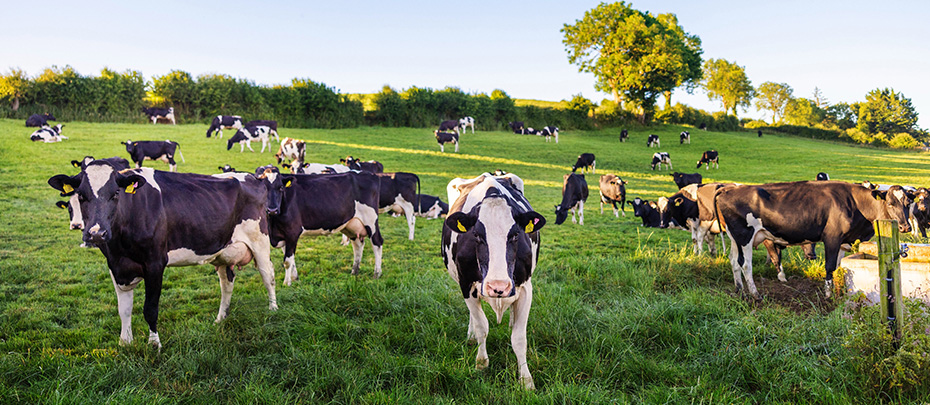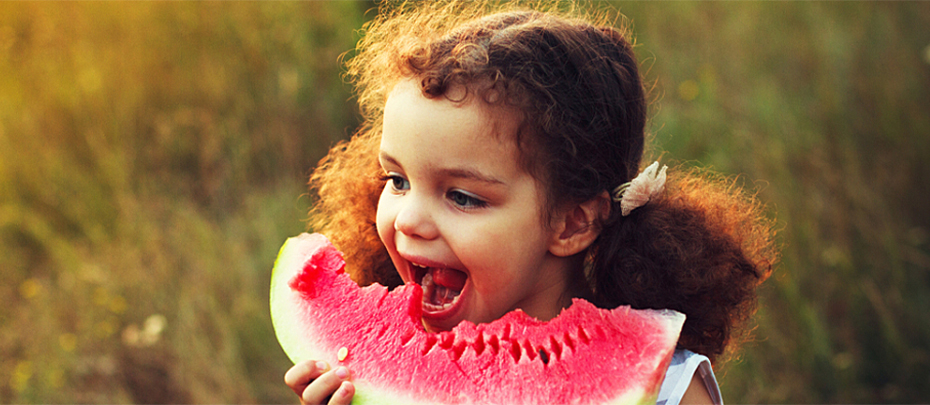These tips for what to eat, how much of it to eat, and when to opt for a supplement, can help pave the way to good health both during pregnancy and beyond.
Counting Calories for Pregnancy
While there can be exceptions, many women are surprised to learn that typically no additional calories are required during the first trimester of pregnancy. By the second trimester, though, an expectant mother requires roughly an additional 340 calories per day. That's about equivalent to two additional snacks or one small sandwich. During the third trimester, you may need an extra 450 calories per day — similar to an additional small meal.
Gaining weight is normal and encouraged during pregnancy, and weight loss is not advised while expecting. The recommendations below, based on the Institute of Medicine’s guidelines, indicate how much weight gain is considered healthy, based on a mother's pre-pregnancy body mass index (BMI). But, as always, it's important to consult with your doctor before making any major changes to your diet:
- Underweight (BMI <18.5): Weight gain of 28-40 lbs.
- Normal (BMI 18.5-24.9): Weight gain of 25-35 lbs.
- Overweight (BMI 25-29.9): Weight gain of 15-25 lbs.
- Obese (BMI 30+): Weight gain of 11-20 lbs.
- Pregnant with twins: Weight gain of 25-45 lbs.
Important Nutrients for Pregnant Women
As your baby grows, certain nutrients are vital for the health of the mother and fetus. Here are six nutrients expecting mothers need to ensure for a healthy pregnancy and birth.
1. Folate
Over the years, healthcare professionals have identified folate as a vital nutrient for fetal growth. Folate is crucial for fetal brain and spinal cord development, and deficiencies can lead to neural tube defects. In fact, women should make sure they are getting enough folate before conception.
Pregnant women should get at least 600 micrograms (mcg) of folate a day from foods like legumes, nuts and seeds, eggs, leafy greens, broccoli, and many other fruits and vegetables, or from supplements. Talk to your doctor about folic acid if you are thinking about getting pregnant or expecting.
2. Iron
Iron is a mineral that helps carry oxygen to the organs and tissues of the mother and fetus. During pregnancy, blood volume increases for both the mother and the baby, and dietary iron needs almost double. The daily recommended dose of iron for pregnant women is 27 milligrams (mg). You can get enough iron from eating red meats, beans, lentils, leafy greens, oats and fortified grains, but some healthcare professionals recommend also taking an iron-fortified prenatal vitamin. Eating vitamin C-rich foods like citrus fruits, peppers, strawberries and tomatoes in combination with iron-rich foods or supplements can help increase iron absorption.
3. Calcium
Calcium is imperative for the development of fetal bones and teeth, as well as maternal bone health. Without enough calcium in a mother's diet, a baby will draw from maternal calcium stores, which can cause weakening of the mother's bones. The calcium recommendation for expectant mothers is 1,000 mg per day, which can be achieved by consuming 3-4 cups of dairy a day. For those who don't eat dairy, calcium is found in other foods like soy products, broccoli, canned salmon, dark leafy greens and sardines. Split your calcium dose, too. Take no more than 500 mg at a time to improve absorption. You can also get this essential nutrient through a supplement.
4. Vitamin D
Though a mother’s vitamin D needs do not increase during pregnancy it is important to maintain adequate intake. Vitamin D works in conjunction with calcium for the development of fetal bones and teeth. The vitamin D recommendation for pregnant women is 600 international units (IU) a day or 15 mcg, which you can get from the sun, fortified milk, fatty fish, eggs and mushrooms, or from a supplement.
5. Choline
The American Medical Association (AMA) has found that choline may help with brain and spinal cord maturation during a pregnancy. Choline is found naturally in animal products, eggs, beans and most nuts. Its health benefits are so substantial, that this nutrient is often added to baby formulas, according to the National Institutes of Health. More than 90 percent of women consume less than the recommended amount of choline — 450 mg per day — so talk to your doctor about whether you may need supplementation.
6. Fiber
Many pregnant women experience constipation throughout their pregnancy. To prevent this uncomfortable state, make sure you eat plenty of fiber-rich fruits, vegetables, beans and whole grains. Aim to get between 25 and 30 grams of fiber per day and drink plenty of water.
Nutrition Needs While Breastfeeding
Both the mother and infant’s health benefit from breastfeeding. Not only does breast milk contain the right mix of nutrients for infant growth, but it's also affordable and easily accessible.
During the first six months of milk production, women burn up to 400 extra calories per day while breastfeeding, helping many new mothers return to their pre-pregnancy weight. During the lactation period, a mother’s nutrient needs are increased as they were in pregnancy and in the case of some nutrients above what she needed during pregnancy. You may find that you're hungrier or thirstier while breastfeeding, and this is perfectly normal. Eat plenty of nutrient-dense foods, such as fruits, vegetables, whole grains, lean proteins and healthy fats, to satisfy your appetite. And stay hydrated: A good rule of thumb is to drink a glass of water every time your child nurses.
A healthy diet should meet your needs, but your healthcare professional may recommend that you continue to take your prenatal multivitamin supplement while you breastfeed.
The health benefits of breastfeeding also include emotional ones, as the experience helps foster a close bond between a mother and child. Additionally, studies have shown that children who were breastfed experienced benefits such as improved memory retention and language skills, and overall heightened intelligence.
Nutrition is important at every stage of life, but pregnancy and the months after create unique dietary needs for both women and babies. By following a well-balanced diet and getting plenty of fluids, you and your baby have the best chance of staying happy and healthy during pregnancy and long after.




Social Share